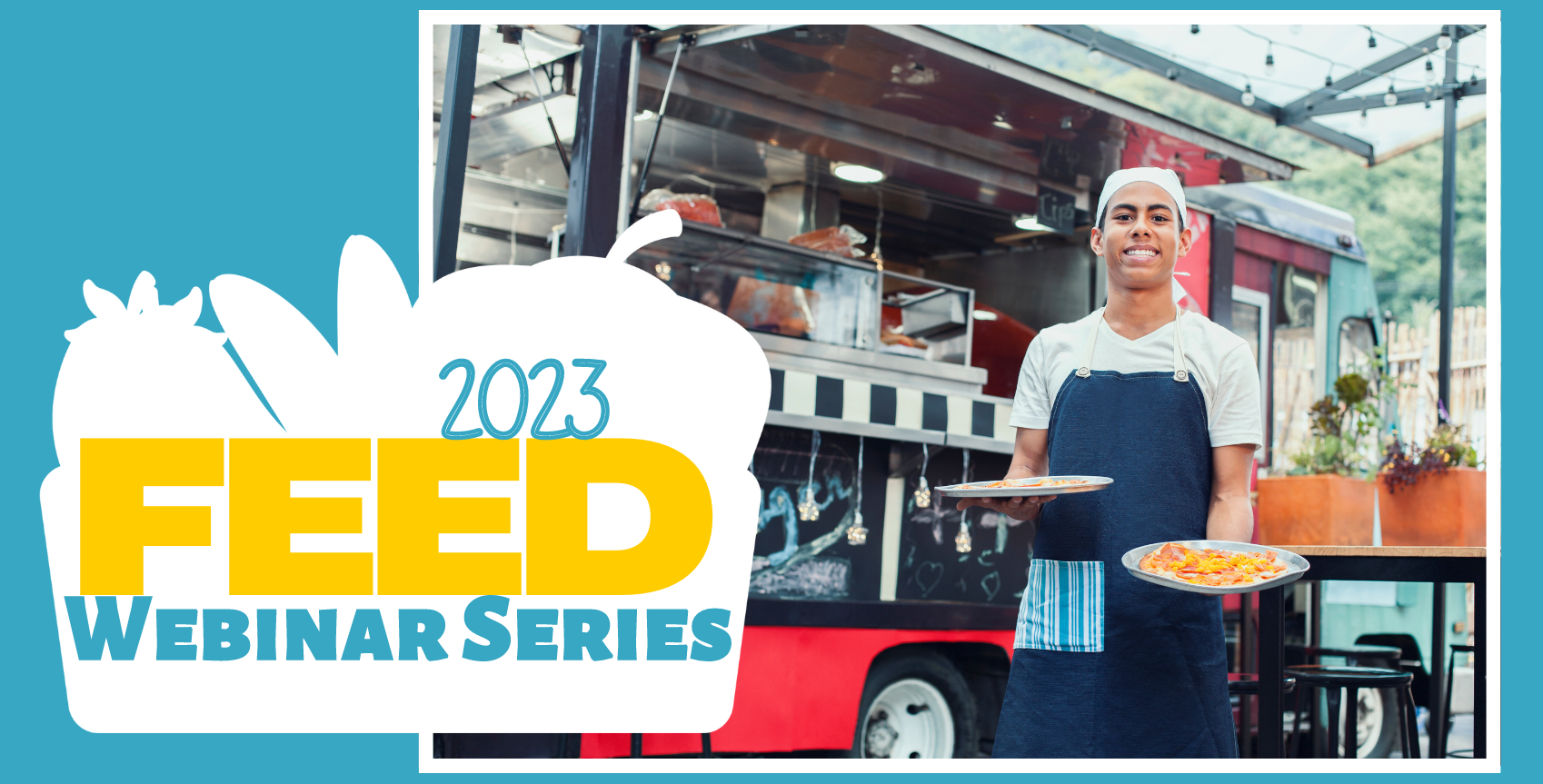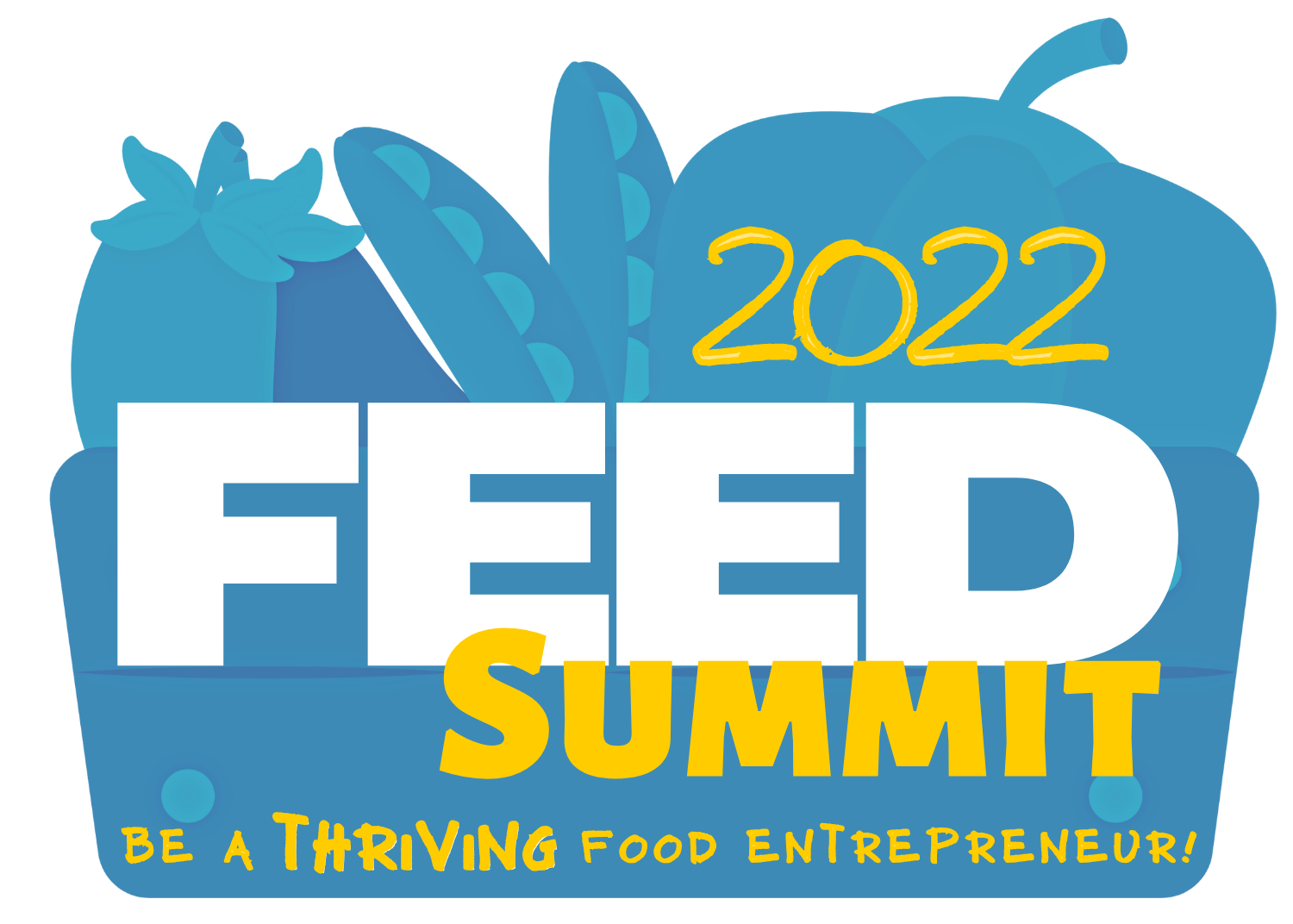The Community Food System Program promotes thriving, just and resilient place-based food systems. We support community organizations, Tribal partners, local governments, small-scale farms and food businesses, and community gardens.
Upcoming Events
Latest News
Latest Articles
Featuring Wisconsin Business Resources
The UW-Madison Extension Community Food Systems Program will provide no-cost virtual workshops for small-scale food and farming business start-ups.
FEED Summit Engages Food & Farming Entrepreneurs
The annual FEED Summit helps engage food and farming entrepreneurs in learning about business fundamentals, connecting with business experts and other entrepreneurs, and marketing their business products and services. Learn Business Fundamentals To engage food and farming entrepreneurs in learning about business fundamentals, the FEED Initiative uses the business model canvas as the organizing framework […]









